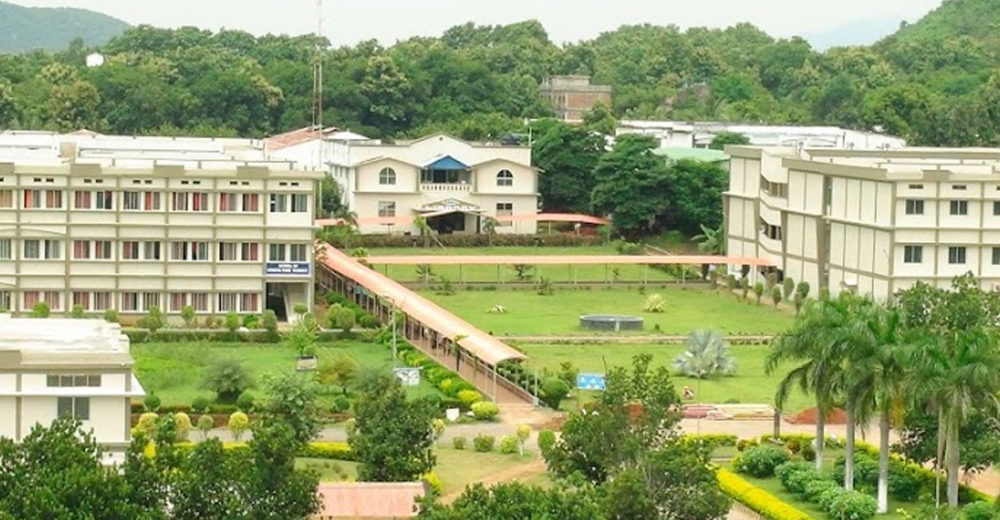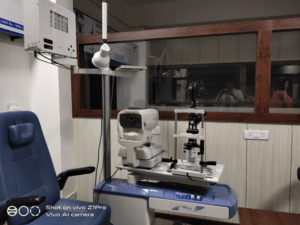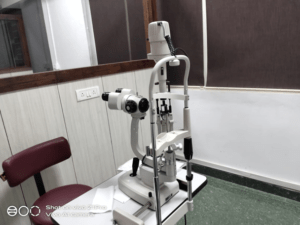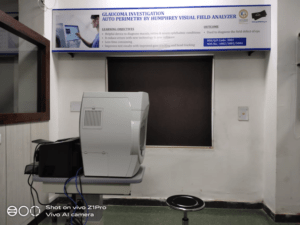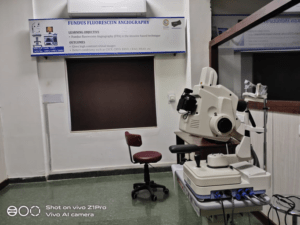About Department
CUTM is the first private university in Odisha which was established through the CUTM Act 4 of the Odisha State Legislative Assembly in 2010. In due course, it has got recognition as Grade-A University by National Assessment and Accreditation Council (NAAC), Ministry of HRD (Annex 1) and 12 B status by UGC (Annex 2). The objectives of CUTM are shaping lives, empowering communities and co-creating wealth and livelihood opportunities in Left Wing Extremism (LWE) affected districts of South Odisha and North Coastal Andhra Pradesh. Teaching, training, consulting and research activities of the university are geared towards employability enhancement, employment generation through entrepreneurship development and preparing graduates for higher education. The University offers its education, training and other services through different Schools.
CUTM has five campuses at Paralakhemundi, Bhubaneswar, Bolangir, Rayagada and ChatrapurIt has more than 9,000 students in Under graduate and post graduate programs. It imparts employable skills to over 20,000 students annually in vocational programs.
Fishery Science Course Bhubaneswar Odisha is only private institution in the fisheries sector in the State of Odisha imparting an undergraduate professional degree programme, Bachelor of Fisheries Science (B.F.Sc). The degree program started in the year 2017.The school is located at Parlakhemundi,Odisha.
Academics
The curriculum of the course is consistent with that of the other fisheries colleges in India, it is based on the recommendation of the Dean’s Committee Report organized by ICAR based on the needs of the fisheries industry of the country.Currently the school is offering various courses related Fisheries which are taught in 5 departments. A total of 180 credit hours are presently offered to the students, out of which 140 credits hours is covered from 1st to 6th Semester the remaining 0 + 20 credit hour and 0 + 20 credit hours are offered to students during the 7th and 8th semesters under Experiential Learning and In-plant Training respectively. Fishery Science Course Bhubaneswar Odisha also invites visiting faculties from research institutes, academics and industries in order to familiarize the students to the latest developments in the field of fisheries
Infrastructure
Learning Resources
Class rooms equipped with computer and LCD projection systems and laboratories with necessary equipments to provide effective learning environment
Fish Museum
The museum houses a fascinating collection of a large variety of finfish and shellfish and other aquatic animals that are carefully preserved and classified.
Hostel Facilities
The University has separate hostel facility for male and female students separately within the campus. All necessary amenities for their comfortable stay are available in both hostels.
Library Facilities
The School has well-equipped library with Wi-Fi connectivity and Internet accessing facility. It provides a sound physical and digital learning environment round the clock. The learning materials are in the Printed, Audio and Visual form. The library is integrated into the University’s Management Information System (MIS). It deploys Open Access system with different work stations
Field Labs
The school has well developed intensive fish rearing units like RAS, Biofloc Unit, Ponds, Ornamental Units etc
Employment Opportunities
There is a great demand of professional fisheries graduates, several public and private sector units engaged in fisheries and aquaculture activities are employing fisheries graduates. Further they have scopes in State fisheries department, banking sector and Administrative sector.
